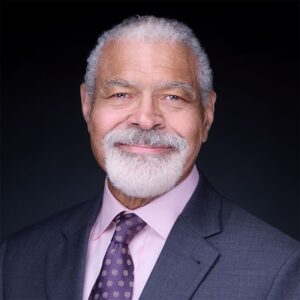TAKEAWAY LESSONS

The takeaways below are not all-inclusive. They are the ones that popped into my mind while I was writing this article. They are not listed by priority. My upcoming book, which discusses my cancer journey, includes much more detail and 21 lessons that will benefit newly diagnosed and long-standing cancer survivors, caregivers, support networks, and anyone interested in learning something about a patient’s perspective.
Remember, statistics are just numbers. They don’t define your journey or your future. Your attitude, the advancements in modern medicine, and your faith, a powerful force, can play a significant role in your battle against cancer.
Statistically, I should have died years ago, yet here I am, a living testament to the unpredictability of life and the power of resilience. Life has a way of surprising us, and it’s this unpredictability that should give you hope and inspire you to keep fighting.
Statistics, a mathematical discipline that collects, analyzes, and summarizes data, should be viewed as a tool for understanding, not a crystal ball that predicts the future. It’s not a definitive guide to your journey.
Six Takeaways for Your Consideration
Takeaway #1: Be prepared for the journey ahead
While chemotherapy is a powerful tool in the fight against cancer, it can also bring about a cascade of other life-threatening illnesses. Understanding this can help you and your loved ones prepare for the future.
Takeaway #2: Fight to Survive
No matter the odds against you, never give up, never surrender. Advocate to keep cancer research funding.
Takeaway #3: Educate Yourself
Learn about cancer symptoms (ones you or your doctor think are probable, given your medical history) and be alert. This knowledge can be a powerful tool in your fight against cancer.·
Takeaway #4: Never Give up Hope
Today, some treatments were unimaginable 30 years ago. Car T-cell therapy is but one of them. Hope is a powerful force that can lead to unexpected breakthroughs. Keep this in mind as you navigate your journey.
Takeaway #5: Consider the ideal Caregiver
Once you’re informed about your cancer diagnosis or potential diagnosis, having a Caregiver by your side is crucial. The Caregiver’s role in managing the overwhelming amount of information, engaging in conversations with healthcare professionals, and acting as your decision-maker is invaluable. Their support can make a significant difference in your journey.
It was incredibly fortunate that my wife stepped in as my Caregiver. Due to my condition, she knew things and held conversations with healthcare professionals that were utterly unknown to me because I was heavily medicated, unconscious, or asleep.
Caregivers are extremely valuable. Before you hear the dreaded words, have a conversation with someone you have in mind to be your Caregiver, whether it’s your spouse, relative, or friend. Doing so affirms or denies their willingness to take on the role, and if the former, it will prompt them to consider how they would handle caregiver responsibilities.
Takeaway #6: Become a Storyteller
We need storytellers. Your experiences as a cancer survivor are valuable and can contribute to the cancer knowledge base. Your insights may help others, mainly the newly diagnosed. Sharing your story is not just a powerful way to make a difference, it’s a way to empower others and make them feel important in the fight against cancer.
Book Jeffrey Now for a Free Initial Chat on Zoom

If you would like to talk for about 30 minutes before deciding whether to book me to talk about topics related to cancer, email [email protected] and put “Request Free Chat About (whatever your topic is). I’ll email you back so we can coordinate schedules to talk about your needs and my services.
After our initial 30-minute session, if you’d like to book me for a speaking engagement or continue our conversation, or explore additional consultations, we can arrange a plan that works for you.
I look forward to chatting with you!


